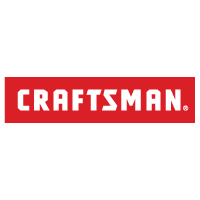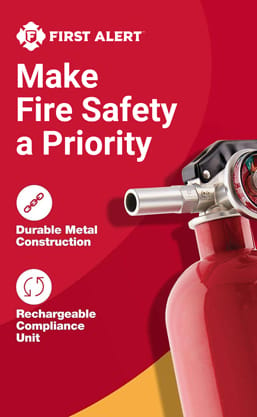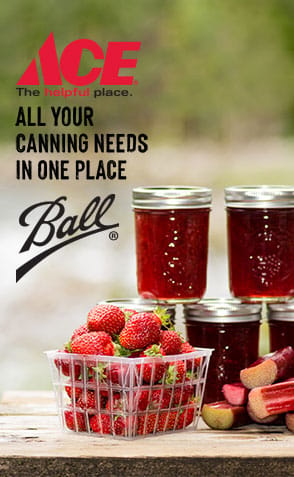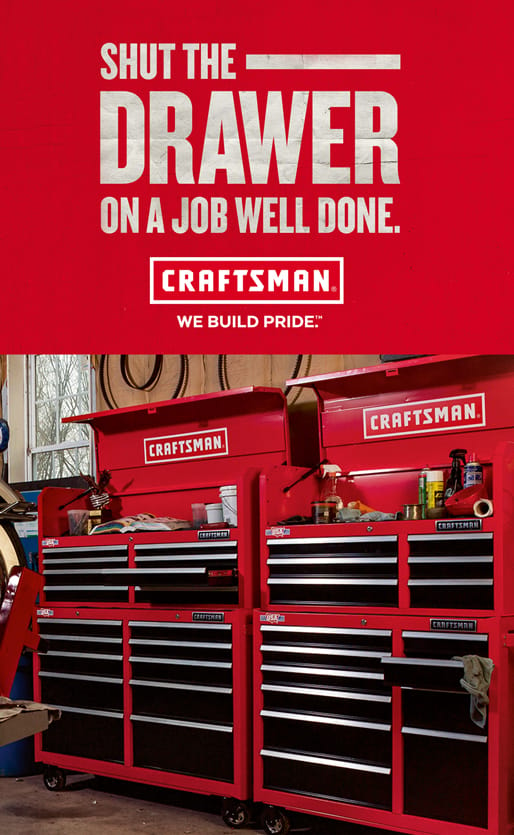Pressure piping is used to contain fluids at a high pressure. Many modern construction projects use PVC water pressure pipes for cold-water and air pressure applications. Upgrade the pressure pipes in your home with a large selection of PVC pressure pipes from Ace Hardware.
Schedule 40 vs. Schedule 80 PVC Pipe
The most used types of PVC pipe are schedule 40 and schedule 80 pipes. Both pipe types have the same outer diameter, so to help you tell them apart, most manufacturers make schedule 40 pipes white and schedule 80 pipes gray.
Although their outside diameter is the same, schedule 40 PVC pipes have a larger inside diameter than schedule 80 pipes due to the thicker walls of schedule 80 PVC. Here’s how to use each type:
- Schedule 40 pipe: Used for sanitary drain, waste, and vent (DWV), irrigation systems, storm drains and other applications involving relatively low pressure, a schedule 40 pipe is suitable for most business and home improvement projects.
- Schedule 80 PVC pipe: A high-pressure pipe most commonly used in industrial and chemical applications; the thicker interior walls can restrict the flow of water. However, this enables these pipes to carry water at very high pressures.
Choosing a High-Pressure Pipe of the Right Size
All sizes of PVC pipes and fittings have a maximum pressure rating, which is listed in pounds per square inch (psi). Choosing the right pressure rating for the job is essential, since using schedule 40 PVC water pressure pipes and fittings for a high-pressure job that requires schedule 80 PVC can severely damage the pipe—and the system it’s working with. The larger the pipe, the lower its maximum operating pressure.
Benefits of Using Plastic Pipes vs Iron Pipes
PVC pipes have a few advantages over iron pipes or galvanized iron pipes. PVC pressure pipes are:
- Corrosion-resistant: High-pressure PVC pipes won’t corrode with prolonged exposure to water and household chemicals. However, PVC is vulnerable to damage from sunlight.
- Easy to install: PVC water pipes are lightweight, cost-effective and easy to handle. They don’t require soldering upon installation—rather, they’re joined with fittings or with primer and solvent cement.
- Treated to reduce heat loss: Unlike metal pipes, plastic pipes have low heat conductivity, which makes them better equipped to maintain consistent temperatures when transporting water.
- Moisture resistant: Used indoors, the exterior of PVC pipes stays dry, even without insulation. This makes PVC pressure piping ideal for moisture-prone applications like boilers and air conditioning condensation drains.
When Not to Use PVC Pipes
Despite their many advantages, PVC pipes are not appropriate for use in all situation. Don’t use PVC pipes for hot water applications, such as hot and cold potable water systems and hydronic heating systems.
For hot water transport, PEX piping is a better option than PVC. PEX, or cross-linked polyethylene, is modified for heat resistance. Since PEX pipes don’t tolerate UV-ray exposure well, they’re better suited for indoor use.
PVC Pipe Projects
Besides transporting water, uses for high-pressure PVC pipes include a range of fun and clever DIY projects. With a few tools and supplies, like a hacksaw, drill, clamps, and glue, you can turn PVC pipes and their fittings into a frame for a pool-noodle chair, a spud cannon or a sprinkler cube to cool you off in the summer. Find all the tools and advice you need to shape and build with PVC pipes at Ace.
Shop PVC Pipes at Ace
Browse the selection of Schedule 40, Schedule 80 and PEX high-pressure pipes at Ace Hardware, available from leading brands like Charlotte Pipe. Whether you’re installing a sprinkler system or replacing an old drain, we have the pressure pipes you need—visit your neighborhood store, and our friendly and knowledgeable associates will be happy to help you determine the right size for your project.

























